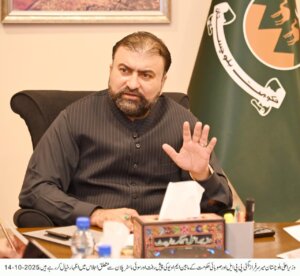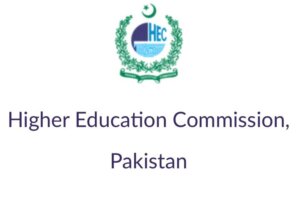Syed Ali Shah Analysis:
The recent emergence of two new polio cases in the Balochistan districts of Jhal Magsi and Qila Abdullah starkly underscores the systemic failures and inadequacies in the fight against this debilitating virus. With the total number of polio cases in Pakistan rising to 11 this year, it is evident that the current strategies and efforts are grossly insufficient. It is high time we hold all stakeholders accountable and call for local, indigenous strategies to effectively combat polio in Balochistan.
The National Health Organization’s confirmation of a three-year-old child in Jhal Magsi and a 20-year-old child in Qila Abdullah contracting polio raises serious questions about the government’s commitment and effectiveness in eradicating this virus. These cases are not merely statistics; they are a damning indictment of the authorities’ inability to protect the most vulnerable members of society.
Despite numerous polio eradication campaigns, the persistence of new cases signifies critical lapses in immunization efforts. Public health experts have long warned that these cases are a result of systemic failures in vaccine coverage and surveillance. The World Health Organization (WHO) and other international bodies have highlighted the need for sustained efforts and accountability. Yet, the government’s response remains reactionary rather than proactive.
It is a tragedy that in this day and age, we are still battling a disease that should have been eradicated decades ago. Dr. Ayesha Khan, a public health specialist, aptly states, “The authorities must prioritize health infrastructure and ensure that every child is vaccinated. Anything less is a dereliction of duty.”
Political instability and security issues in Balochistan are often cited as excuses for the failure to conduct effective vaccination drives. However, these challenges, while significant, should not absolve the authorities of their responsibility. The continuous emergence of new cases points to a lack of engagement with local communities, inadequate logistical planning, and insufficient protection and support for health workers.
The international community and organizations pumping money into polio eradication efforts must also bear responsibility. It is imperative that they reassess their strategies and advocate for approaches that are tailored to the unique challenges of Balochistan. This means investing in local and indigenous strategies that engage community leaders, address cultural sensitivities, and ensure that resources are used efficiently and effectively.
The recurrence of polio cases is not just a health issue; it is a stark reminder of the government’s inefficacy in safeguarding the well-being of its citizens. The people of Balochistan, and indeed the entire country, deserve better. They deserve a government that prioritizes their health and well-being, that engages with local communities, and that is committed to eradicating polio once and for all.
We call upon all stakeholders, from government authorities to international organizations, to acknowledge these failures and take immediate, effective measures. The fight against polio cannot be won with half-hearted efforts and disconnected strategies. It requires a concerted, cohesive approach that puts the health and future of our children at the forefront. The time for action is now. The people of Balochistan cannot afford to wait any longer.






